I'm writing documentation for package I've published, and I find the more thorough your documentation, the easier people find your package to use (duh). I'm actually having a lot of fun lovingly writing up all the features and details of my code.
However, I'm completely flummoxed by how to write Sphinx-compatible documentation for class-level variables. In particular, I've got some enum classes I'd like to document, but for the life of me I can't figure out a way to attach documentation to the enum values. The result is I've got these long and awkward sections of my documentation where there's no documentation except variable names.
I realize using straight docstrings is out of the question because variables don't have docstrings, but surely Sphinx has some sort of functionality around this? Otherwise, how would people document publicly visible values like constants?
